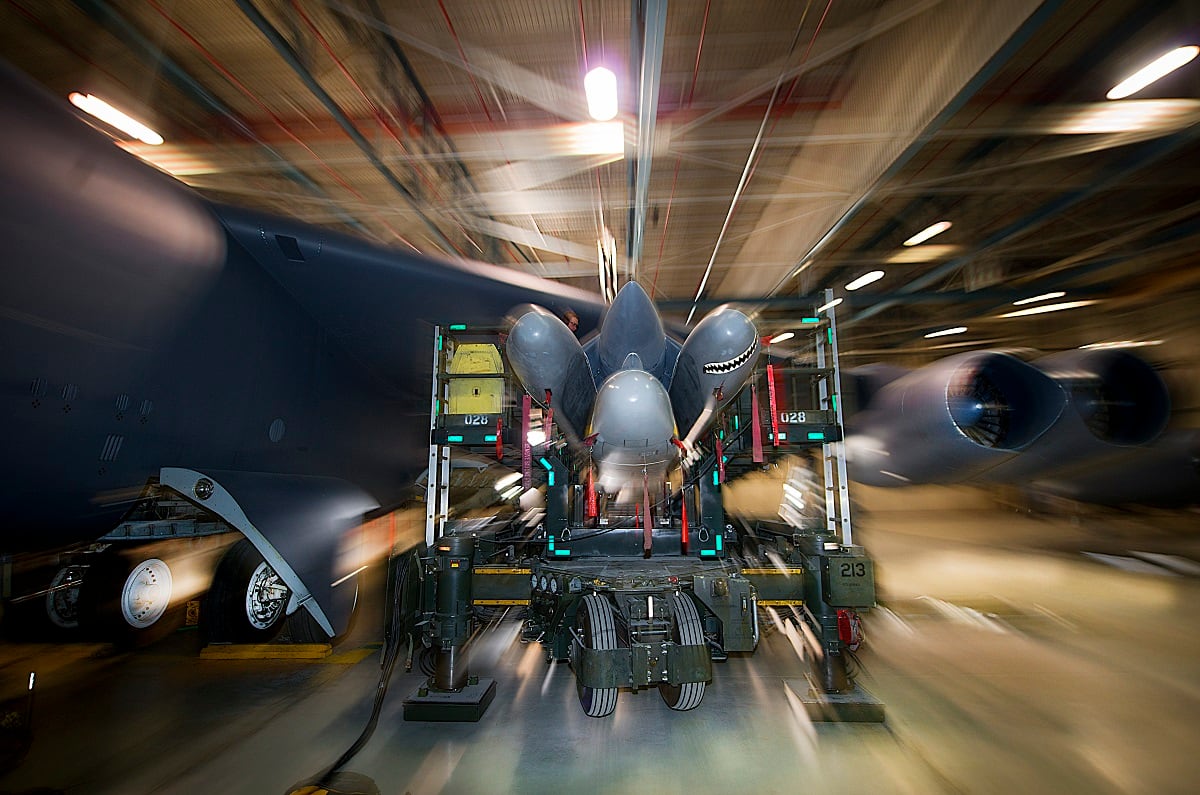WASHINGTON ― The past several months have been a busy time for nuclear weapon issues: North Korea conducted its sixth nuclear test, the 2018 Nuclear Posture Review steered U.S. nuclear policy towards a return to great power competition and suggested the development of two new nuclear weapons in addition to other expensive nuclear modernization programs.
But these were not the only events that impacted the global nuclear balance.
A new report from the Stockholm International Peace Research Institute shows that although the U.S. and Russia decreased the number of nuclear warheads in their stockpiles in 2017, smaller nuclear powers like China, India, North Korea and Pakistan took steps to expand their arsenals.
According to the report China increased its total number of warheads by 10, from 270 to 280. India was believed to have between 120 to 130 warheads in 2017, and is estimated to have added 10 more warheads as well, for a 2018 total between 130 and 140. Pakistan also increased its arsenal by 10, bringing their approximate warhead stockpile to between 140 and 150. SIPRI estimates that North Korea has anywhere between 10 and 20 warheads.
China, India and Pakistan all took steps to expand and improve their missile delivery systems in 2017. India and Pakistan both continued to develop land-, air- and sea-launched missiles. Chinese state media reported that the countries DF-41 intercontinental ballistic missile, its largest nuclear-capable delivery system, was successfully tested in November 2017, and could enter service in the first half of 2018.
However, the overall number of nuclear warheads in the world decreased due to reductions made by Russia and United States in line with the 2010 Treaty on Measures for Further Reduction and Limitation of Strategic Offensive Arms, known as the New START Treaty.
The U.S. reduced its total number of warheads by 350, from 6,800 to 6,450. Of these 6,450 warheads, approximately 3,800 are maintained in military stockpiles. Russia removed 150 warheads, bringing their total to 6,850.
RELATED

The world’s other three nuclear powers — France, the United Kingdom and Israel — all retained the same number of warheads: 300, 215 and 80, respectively.
In total, 14,465 warheads are shared among the nine nuclear powers, although approximately 92 percent of global nuclear weapons are accounted for by the U.S. and Russia.
Despite the overall reduction in global nuclear weapons, Ambassador Jan Eliasson, chair of the SIPRI governing board, is not comfortable with the continued reliance on nuclear weapons.
“The renewed focus on the strategic importance of nuclear deterrence and capacity is a very worrying trend,” he said. “The world needs a clear commitment from the nuclear weapons states to an effective, legally binding process towards nuclear disarmament.”
Daniel Cebul is an editorial fellow and general assignments writer for Defense News, C4ISRNET, Fifth Domain and Federal Times.








